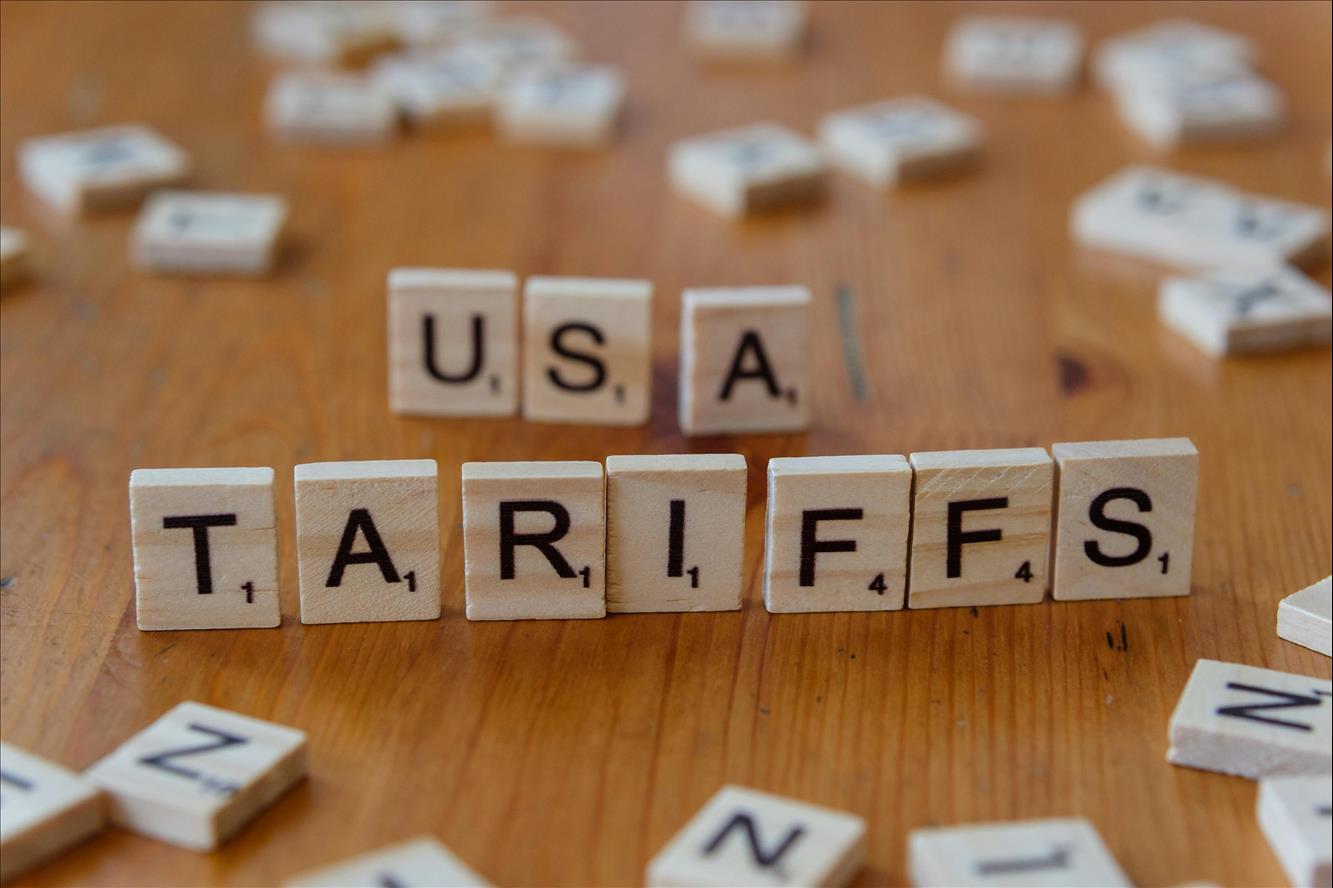
403
Sorry!!
Error! We're sorry, but the page you were looking for doesn't exist.
UN Warns U.S. Tariffs Risk USD22bn in Arab Exports
(MENAFN) A surge in U.S. trade protectionism is putting Arab economies under increasing strain, threatening $22 billion worth of non-oil exports, according to a policy brief released Saturday by the United Nations Economic and Social Commission for Western Asia (ESCWA).
Jordan is identified as the most at-risk country, with nearly 25% of its exports headed to the U.S. Bahrain is also considered vulnerable due to its reliance on aluminum and chemical shipments to the American market.
The United Arab Emirates may see disruptions affecting approximately $10 billion in U.S.-bound re-exports, a result of American tariffs targeting goods made in third countries, the brief noted.
ESCWA further warned of escalating financial pressures on Gulf Cooperation Council (GCC) states, driven by a steep decline in global oil prices.
Non-GCC countries face additional fiscal hurdles. Egypt, Morocco, Jordan, and Tunisia are projected to incur an extra $114 million in sovereign interest payments in 2025, due to rising global bond yields amid investor uncertainty. The brief cautioned that increased borrowing costs could strain national budgets and stall development efforts.
U.S. President Donald Trump enacted an executive order earlier this month, implementing "reciprocal tariffs" on global trading partners, despite facing significant opposition.
Jordan is identified as the most at-risk country, with nearly 25% of its exports headed to the U.S. Bahrain is also considered vulnerable due to its reliance on aluminum and chemical shipments to the American market.
The United Arab Emirates may see disruptions affecting approximately $10 billion in U.S.-bound re-exports, a result of American tariffs targeting goods made in third countries, the brief noted.
ESCWA further warned of escalating financial pressures on Gulf Cooperation Council (GCC) states, driven by a steep decline in global oil prices.
Non-GCC countries face additional fiscal hurdles. Egypt, Morocco, Jordan, and Tunisia are projected to incur an extra $114 million in sovereign interest payments in 2025, due to rising global bond yields amid investor uncertainty. The brief cautioned that increased borrowing costs could strain national budgets and stall development efforts.
U.S. President Donald Trump enacted an executive order earlier this month, implementing "reciprocal tariffs" on global trading partners, despite facing significant opposition.

Legal Disclaimer:
MENAFN provides the
information “as is” without warranty of any kind. We do not accept
any responsibility or liability for the accuracy, content, images,
videos, licenses, completeness, legality, or reliability of the information
contained in this article. If you have any complaints or copyright
issues related to this article, kindly contact the provider above.

















Comments
No comment